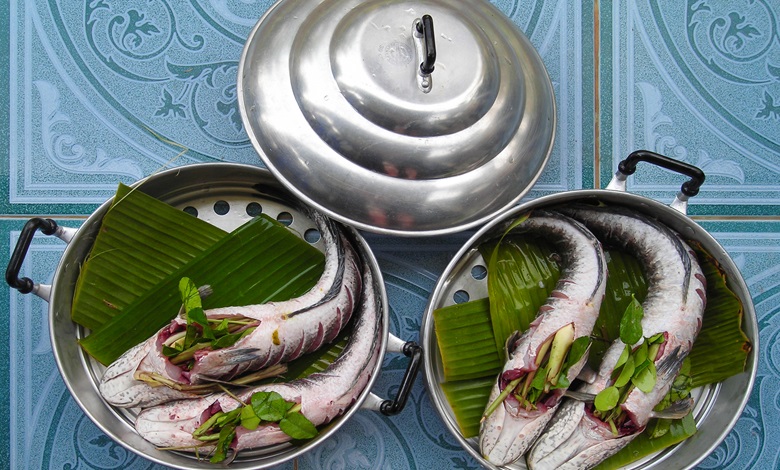Eating Oily Fish is Good for the Environment: Here’s Why

Oily fish, such as sardines and mackerel, are not only beneficial for our health but also have a very low environmental impact. These fish are proven to reduce metabolic syndrome, a cluster of conditions that increase the risk of heart disease and diabetes.
Sustainable Fishing Practices
The fishing season for oily fish runs from May to October, when plankton – their primary food source – is more abundant. This results in fish with a higher fat content and better flavor. Importantly, the methods used to catch these fish are considered to be more environmentally friendly.
The Role of Oily Fish in Traditional Diets
Oily fish has been a part of many countries’ cultural heritage throughout history. In Spain, for example, sardines are integral to the San Juan festivities in June, while the coastal fishing season for longfin tuna is traditionally followed due to the seasonal migration of fish.
Health Benefits Align with Environmental Sustainability
Oily fish are rich in polyunsaturated omega-3 fatty acids, peptides, and high vitamin content, all of which contribute to a reduction in metabolic syndrome. The GALIAT project, led by Santiago de Compostela University Hospital, has shown the positive effects of the traditional Atlantic diet on the general population.
A Balanced Approach to Diet and Ecology
Eating oily fish aligns with finding a balance that cares for both our health and that of the planet. The traditional Mediterranean and Atlantic diets, which include oily fish, are examples of sustainable eating practices that benefit our bodies and the environment.
In conclusion, incorporating oily fish into our diets is a delicious way to support our health and contribute to environmental sustainability. It’s a win-win situation for individuals and the planet alike.



